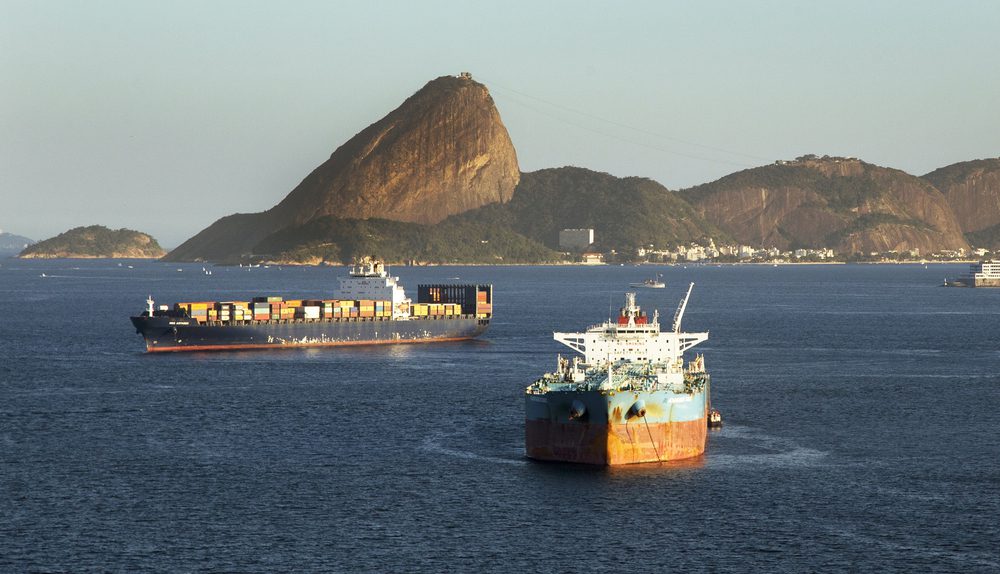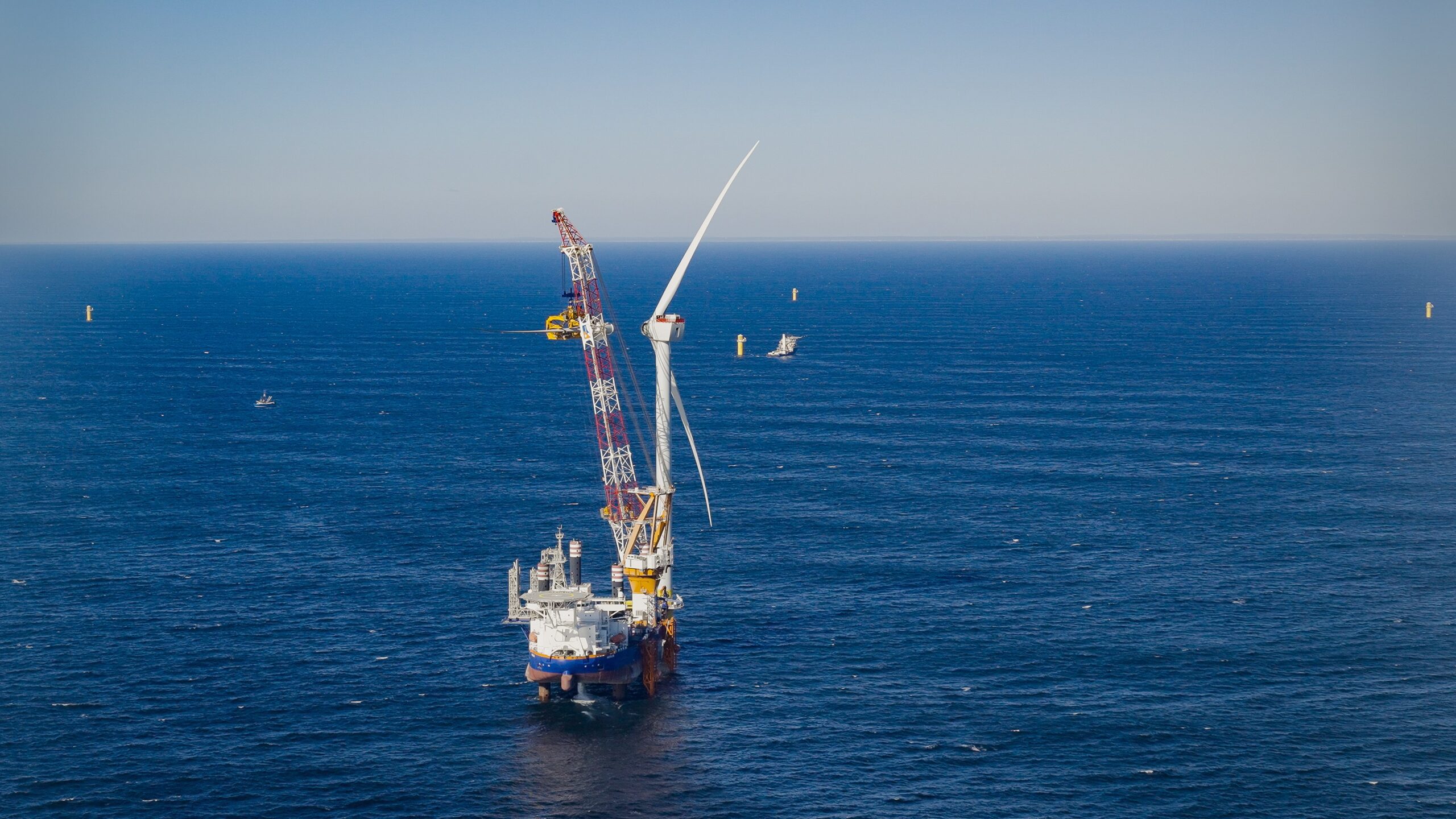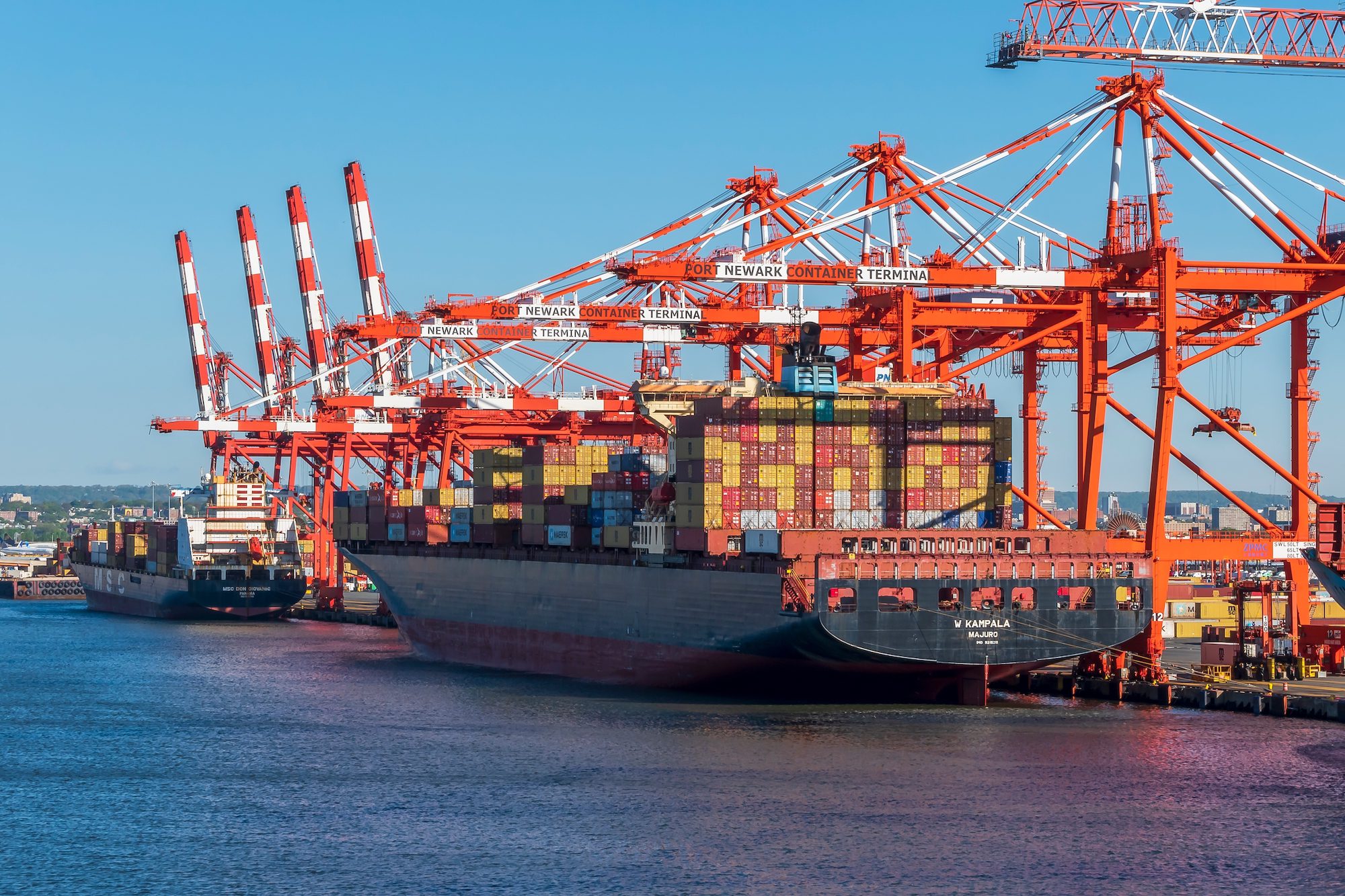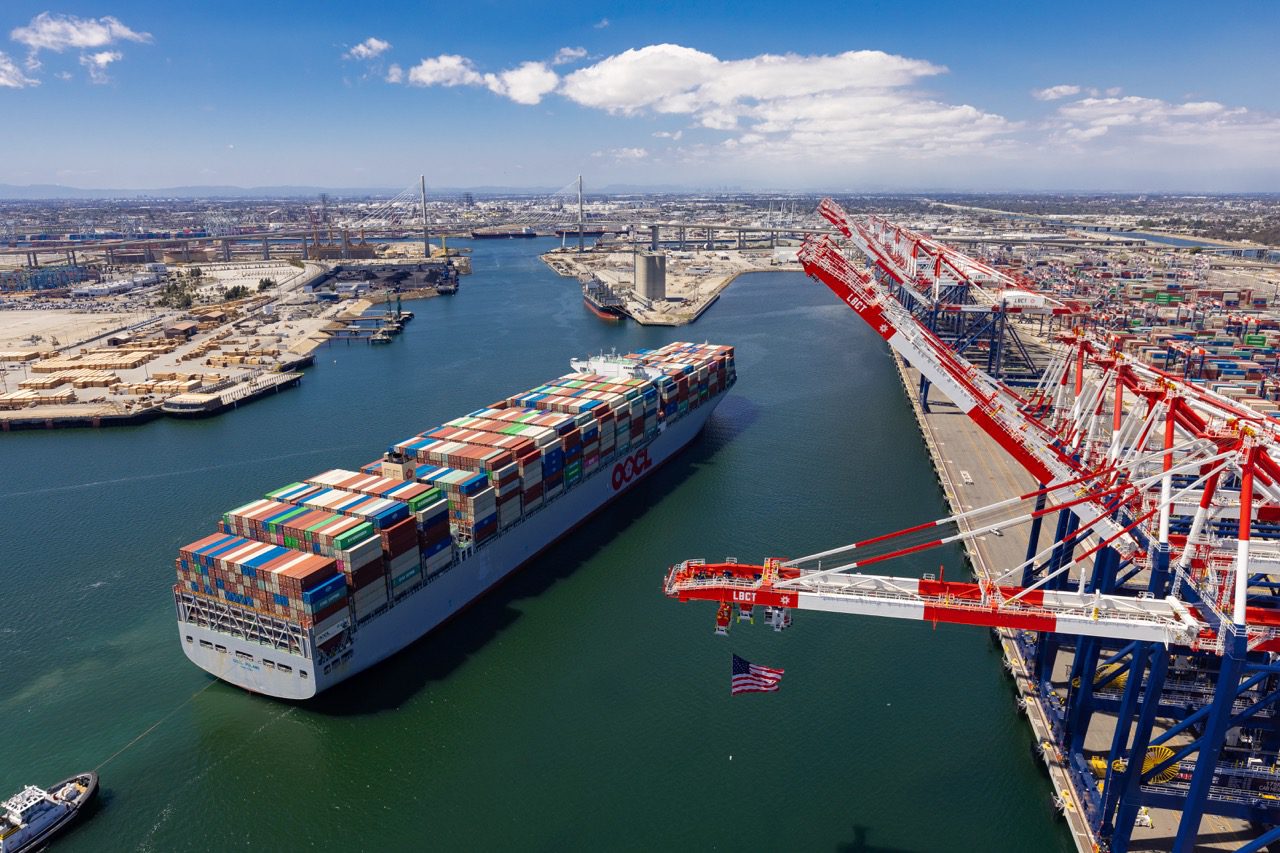By Ken Parks (Bloomberg) –Global shipping disruptions and drought-stricken rivers in the heart of South America threaten to pinch meat exports from two major beef-producing nations as rising food prices stoke inflation around the world.
Meatpackers in landlocked Paraguay will probably slaughter 20% to 25% fewer cattle this month due to a lack of shipping containers, soaring transport costs and erratic transit times, said Korni Pauls, deputy chairman of trade group CPC.
“This is going to continue during September and October at the very least,” Pauls said in a phone interview. “That reduction in slaughter will show up in export volumes in September.”
Pauls comments come after Uruguayan meatpackers warned of potential cuts to output next month as frozen beef piles up in cold storage warehouses because container ships are bypassing the port of Montevideo in favor of more lucrative stops. Some Uruguayan meatpackers are sending containers over land to ports in southern Brazil or as far away as Valparaiso, Chile.
A container crunch and clogged ports in the U.S., Europe and Asia have led shipping companies to cancel stops at South America’s Atlantic coast ports. Not even the world’s biggest red-meat exporter, Brazil, is immune: beef is accumulating in ports because there aren’t enough refrigerated containers on hand. Though dwarfed by Brazil, Paraguay and Uruguay consistently rank among the world’s top beef exporters by volume.
In recent months, Paraguayan meatpackers started trucking small volumes of chilled beef to Brazil’s Santos and Paranagua ports at immense cost, Pauls said.
Paraguay is less dependent on maritime shipping than Uruguay because it trucks about 45% of its beef exports to consumers in Chile, Brazil and Uruguay. However, shipping costs to some foreign markets have risen as much as 30% because barges plying the Paraguay and Parana rivers linking Paraguay to ports in Buenos Aires and Montevideo are operating at 40% capacity due to shallow water, Pauls said.
“Shipping routes have set times that aren’t respected,” he said. “It used to take 40 to 42 days from Asuncion to Europe, now it’s as much as 60 days.”
© 2021 Bloomberg L.P.

 Join The Club
Join The Club











